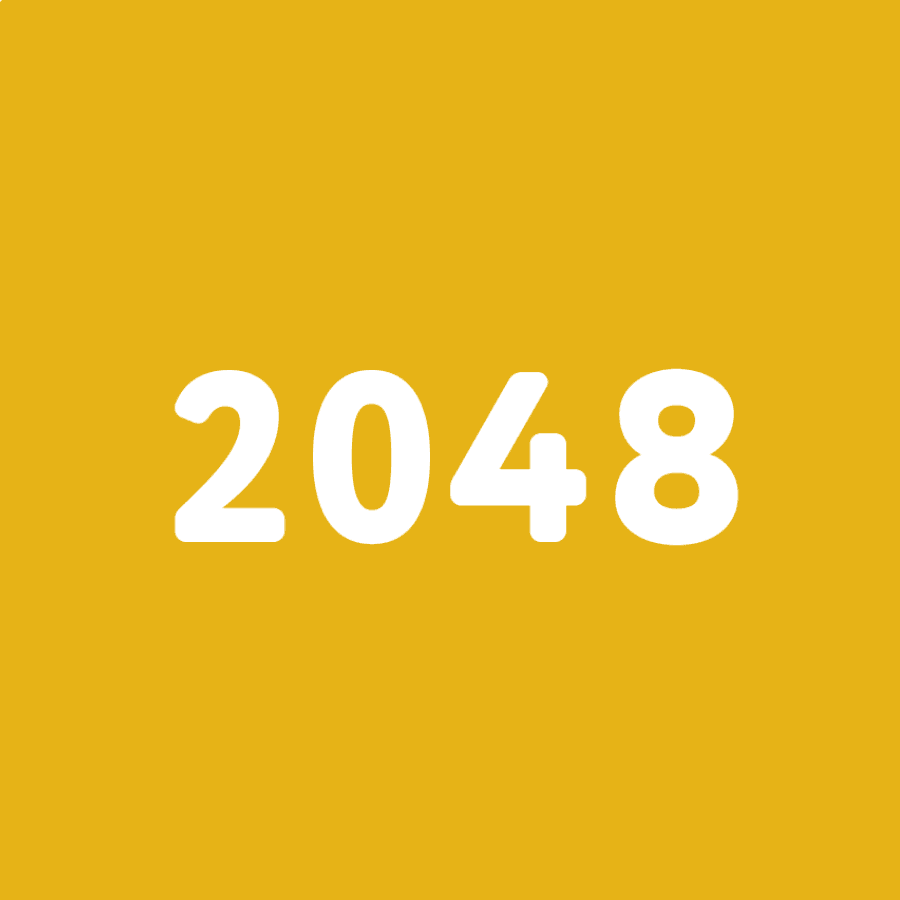

In today’s rapidly evolving digital landscape, artificial intelligence has become an indispensable tool for professionals and students alike. ChatGPT, a powerful language model developed by OpenAI, offers a wealth of possibilities for enhancing productivity and learning. (Let’s explore this topic in more detail with 2048 Game below)
ChatGPT is an advanced AI-powered language model that can assist with a wide range of tasks, from answering questions to generating content and even helping with problem-solving. To use ChatGPT effectively, it’s crucial to understand its capabilities and limitations. The model excels at natural language processing, making it an ideal tool for brainstorming ideas, drafting content, and providing quick answers to queries.
One of the key advantages of ChatGPT is its ability to adapt to different contexts and writing styles. This flexibility allows users to tailor their interactions with the AI to suit their specific needs, whether they’re working on a professional report or studying for an exam. By providing clear and concise prompts, users can guide ChatGPT to generate more accurate and relevant responses.
Read more: The Future of Jobs in the Age of AI and Automation
In the professional world, ChatGPT can be a valuable asset for various tasks and industries. Here are some ways to effectively use ChatGPT in your work:
ChatGPT can be an excellent tool for generating ideas and creating content. Whether you’re working on a blog post, marketing copy, or a presentation, you can use ChatGPT to brainstorm topics, outline key points, and even draft initial content. To get the most out of this feature, start with a clear prompt that outlines your topic and desired outcome. For example, you might ask ChatGPT to “Generate five unique ideas for a marketing campaign targeting millennials interested in sustainable fashion.”
While ChatGPT shouldn’t be relied upon as a sole source of information, it can be an excellent starting point for research. Use the AI to get a quick overview of a topic, identify key concepts, or generate questions for further investigation. This can save time and help you focus your research efforts more effectively. Remember to always verify information from reputable sources and use ChatGPT as a complementary tool rather than a replacement for thorough research.
ChatGPT can assist in problem-solving by offering different perspectives and potential solutions. When faced with a complex issue, try describing the problem to ChatGPT and asking for potential approaches or solutions. The AI can help you consider angles you might not have thought of and provide a framework for decision-making. However, it’s important to use your own judgment and expertise when implementing any suggestions provided by the AI.
For students and lifelong learners, ChatGPT can be a powerful tool to enhance the learning process. Here are some effective ways to use ChatGPT for study:
When grappling with complex concepts, ChatGPT can provide clear and concise explanations. Ask the AI to explain a difficult topic in simple terms or to provide analogies that make the concept more relatable. This can be particularly helpful when studying subjects like science, philosophy, or economics. For instance, you could ask ChatGPT to “Explain the concept of quantum entanglement as if you were explaining it to a 10-year-old.”
ChatGPT can generate practice questions and quizzes on various subjects, helping you reinforce your learning and identify areas that need more attention. You can ask the AI to create multiple-choice questions, short-answer prompts, or even essay topics related to your area of study. Additionally, you can use ChatGPT to simulate a tutor by asking it to provide feedback on your answers or explanations.
For language learners, ChatGPT can be an invaluable resource. Use the AI to practice conversations, get translations, or receive explanations about grammar rules. You can even ask ChatGPT to generate short stories or dialogues in your target language, providing context for vocabulary and sentence structures. Remember to complement this with real-world practice and verified language learning resources for the best results.
To make the most of ChatGPT in your work and study, consider the following best practices:
Be Specific: The more specific and detailed your prompts are, the better the responses you’ll receive from ChatGPT. Instead of asking broad questions, try to narrow down your queries to get more targeted and useful information.
Iterative Approach: Don’t hesitate to refine your questions based on the initial responses. If ChatGPT’s answer isn’t quite what you’re looking for, rephrase your question or ask for clarification on specific points.
Critical Thinking: Always apply critical thinking to the information provided by ChatGPT. While the AI is highly capable, it can sometimes provide inaccurate or outdated information. Use ChatGPT as a starting point, but verify important facts from reliable sources.
Ethical Considerations: Be mindful of ethical considerations when using ChatGPT, especially in academic or professional settings. Always give proper credit when using AI-generated content and be transparent about your use of AI tools when appropriate.
Combine with Other Tools: ChatGPT works best when used in conjunction with other tools and resources. Integrate it into your existing workflow, using it to complement rather than replace other research methods, productivity tools, or learning resources.
Set Clear Boundaries: Establish clear guidelines for when and how you’ll use ChatGPT in your work or study. This can help prevent over-reliance on the AI and ensure that you’re using it as a tool to enhance your own skills and knowledge rather than as a crutch.
By following these best practices and exploring the various applications of ChatGPT, you can significantly enhance your productivity at work and effectiveness in your studies. Remember that while ChatGPT is a powerful tool, it’s most effective when used thoughtfully and in combination with your own skills, knowledge, and judgment.
As we continue to explore the potential of AI in our daily lives, tools like ChatGPT are likely to become increasingly integrated into our work and learning processes. By mastering the effective use of these AI assistants now, you’ll be well-positioned to adapt to future technological advancements and maintain a competitive edge in your professional and academic pursuits.
Read more: Best AI Tools Everyone Should Know About in 2025
As we look to the future, it’s clear that AI tools like ChatGPT will play an increasingly significant role in both work and education. The integration of AI into these spheres is not just about increased efficiency; it’s about transforming the way we approach tasks, solve problems, and acquire knowledge.
In the workplace, we can expect to see AI assistants becoming more specialized and integrated into various industries. For example, AI might be used to analyze vast amounts of data in real-time, providing insights that inform business decisions. In creative fields, AI could serve as a collaborative partner, offering ideas and variations that spark human creativity. As these tools evolve, workers will need to develop new skills to effectively collaborate with AI, focusing on tasks that require uniquely human attributes such as emotional intelligence, complex problem-solving, and ethical decision-making.
In education, AI has the potential to revolutionize the learning experience by offering truly personalized education. Imagine AI tutors that can adapt to each student’s learning style, pace, and interests, providing tailored explanations, exercises, and feedback. This could lead to more engaging and effective learning experiences, allowing students to master concepts more quickly and deeply.
As we embrace these advancements, it’s crucial to maintain a balance between leveraging AI capabilities and developing our own skills and critical thinking abilities. The most successful individuals and organizations will be those that can effectively integrate AI tools like ChatGPT into their processes while continually adapting and upskilling to meet the changing demands of the AI-enhanced world.
In conclusion, mastering the use of ChatGPT and similar AI tools is not just about improving current productivity; it’s about preparing for a future where human-AI collaboration will be the norm. By understanding how to effectively use these tools now, we can position ourselves to thrive in an increasingly AI-driven world, whether in our professional careers or our lifelong learning journeys.